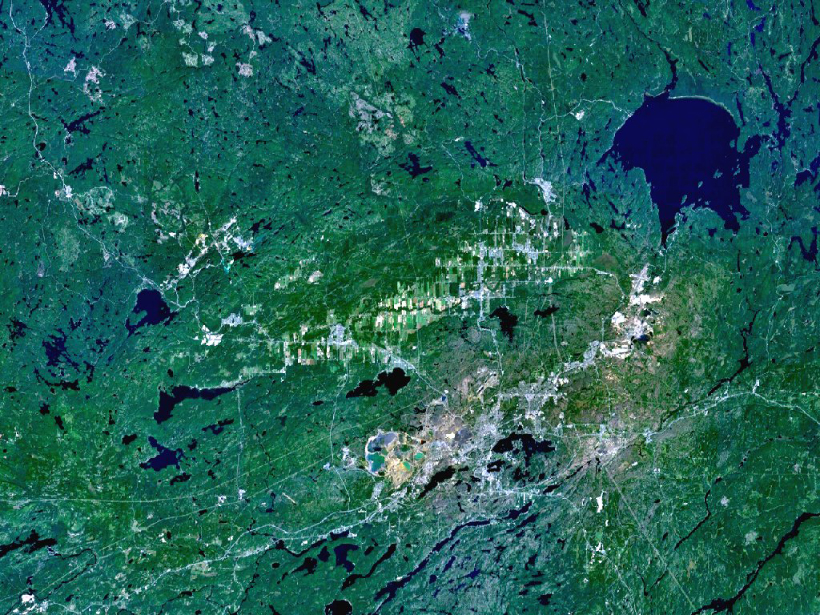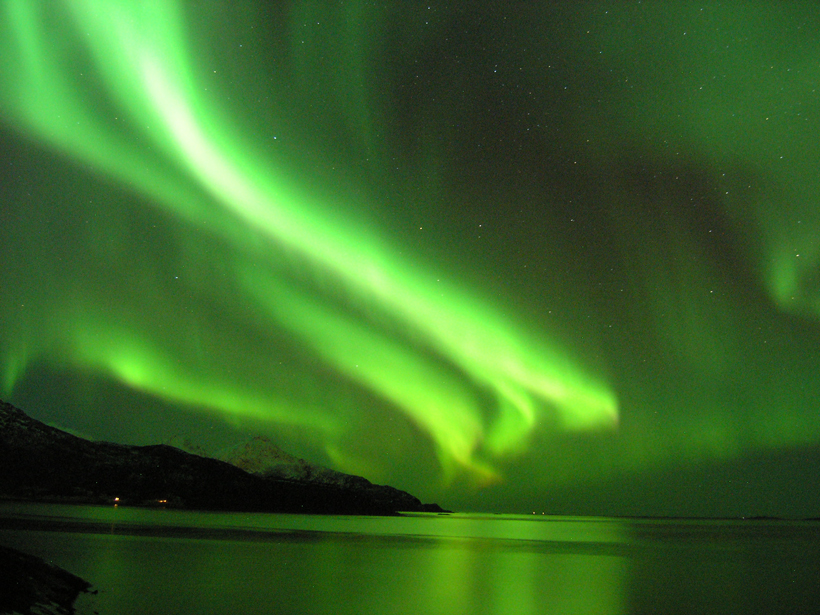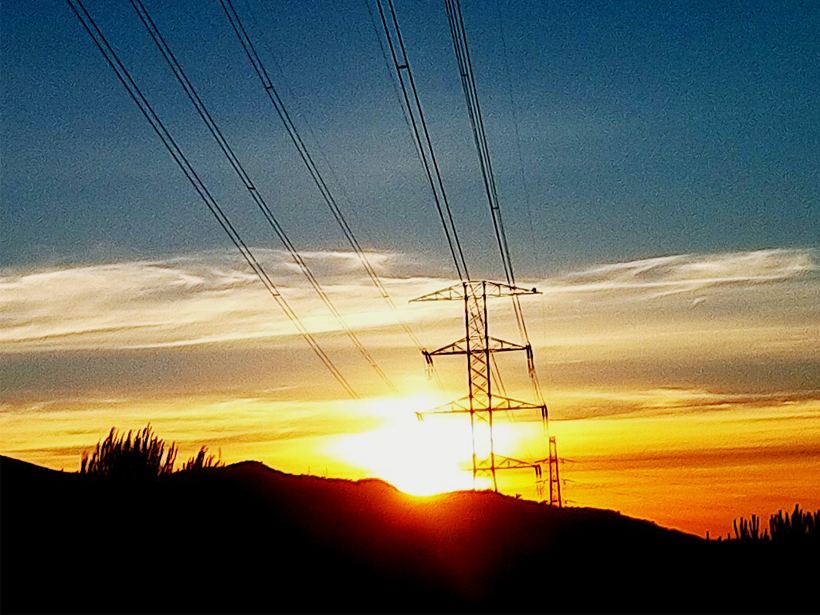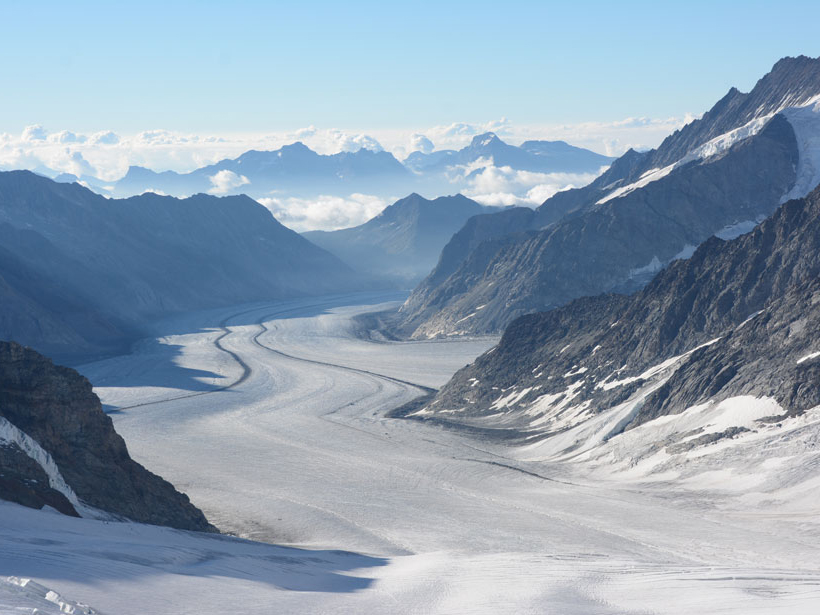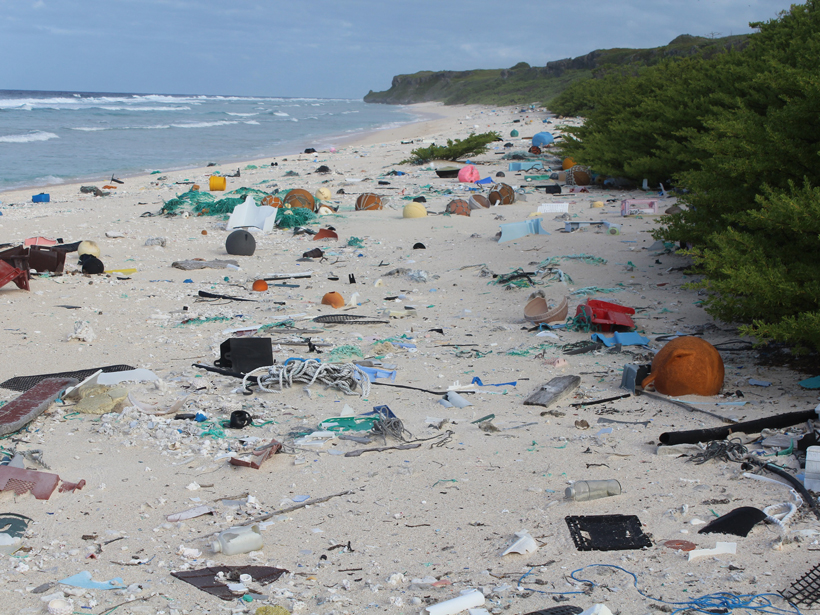First results from the Juno mission shed new light on Jupiter’s atmosphere, gravity, magnetic field, aurora, history, and more.
CC BY-NC-ND 2017
Ancient Impact May Have Triggered Long-Term Volcanic Eruptions
Scientists revisit Canada’s Sudbury crater in light of new evidence from other planets that suggests an alternative postimpact history.
David S. Evans (1936–2016)
Evans, a pioneer of auroral physics, changed the way scientists thought about the aurora and magnetic fields and guided a new generation of researchers.
Federal Science Funding Drops Sharply in Trump Budget Plan
Congress has shown bipartisan support for Earth and space sciences in the past. Advocates hope it will do so again.
Unseasonable Weather Entrenches Climate Opinions
Democrats and Republicans double down on their climate change opinions when faced with slightly cooler or warmer weather.
Mining Ancient Texts Reveals Clues to Space Weather of Yore
Low-latitude sightings of colorful hues in the sky likely to have been auroras indicate powerful geomagnetic storms buffeted Earth when some old chronicles were written, researchers report.
Ground Surveys Reveal Space Weather Risk to Spain’s Power Grid
A survey of bedrock conductivity across Spain improves predictions of how vulnerable the nation’s power grid is to solar storms.
Cosmic Muons Reveal the Land Hidden Under Ice
Scientists accurately map the shape of the bedrock beneath a glacier using a new technique.
Plastic Waste Knows No Bounds
Despite the vastness of Earth’s oceans, human plastic pollution overwhelms even remote corners.
A Sea Change in Paleoceanography
The Editor-in-Chief of Paleoceanography explains that the journal is changing its name to Paleoceanography and Paleoclimatology to reflect the evolution of science in this field.


